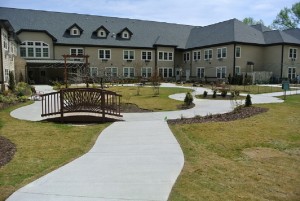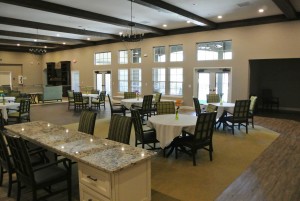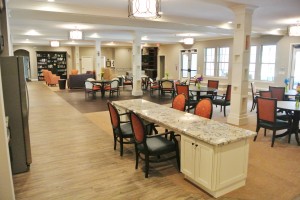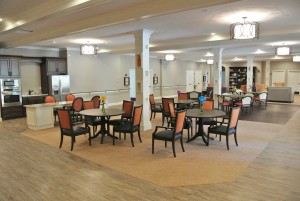The Subtle Signs of Swallowing Problems for Those with Dementia and Other Diseases
How does swallowing actually occur?
The oral phase of swallowing requires a complex interplay of chewing, food bolus formation, and push of the bolus to the back of the throat for the process of swallowing and movement to the esophagus and stomach. Multiple facial and oral muscles, such as the tongue, are responsible for this phase. Once the food bolus is to the back of the throat a series of muscular contractions occur to move the bolus into the esophagus and away from the airway. The airway is temporarily closed as the food bolus is pushed past the tracheal opening and into the esophagus. The food bolus then makes its way to the stomach through another series of coordinated muscular contractions within the esophagus.
Sounds Complicated Right? It is and lots can go wrong..
Due to the complexity of the swallow mechanism, a multitude of problems that can arise. The most common cause of oral dysphagia (swallowing trouble) is stroke, with up to 45 percent of stroke patients develop swallowing problems following the stroke. Other neurological diseases such as Parkinson’s disease, Multiple Sclerosis, Dementia, and Alzheimer’s disease are known to cause swallowing difficulties. Lesions, re flux conditions, and cancer have also caused swallowing troubles but to a lesser extent.
There are obvious and less obvious signs of swallowing difficulties…
Everyone knows that if a person coughs up food or gags while eating, they likely have swallowing troubles. However there are other more subtle signs that can go easily unnoticed such as long breaks between bites, being horse, drooling, frequent heartburn, and acid re-flux.
What can happen if these subtle signs are ignored?
If subtle signs are ignored they can result in choking, where food partially or fully obstructs a person’s airway, aspiration or inhalation of food or liquids, oral secretions or gastric secretions into the airway and lungs. Also gastric secretions may be inhaled without bacteria causing aspiration pneumonia. A person may aspirate not only food or fluids that are introduced into the mouth but also their own saliva or any gastric secretions, which may be re-fluxed into the airway.
What can be done?
In a community setting, all care partners must be trained to carefully observe each resident for not blatant signs such as chocking, but for the subtle signs such as drooling, and long pauses and usually get confused for something other than swallowing challenges. When a person lives alone, the signs of swallowing trouble usually go ignored until they end up in the hospital. In many setting, little attention is paid to dining room observation. Orchard at Tucker understands the importance of monitoring these subtle symptoms and finding the problem while it is minor, and before it causes a resident irreversible harm.
and before it causes a resident irreversible harm.



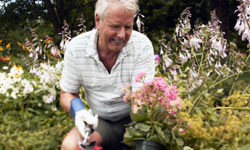 Mental and social activities are just as critical as physical activities when it comes to ageing. And hobbies are an excellent way for seniors to become more active and engaged, which can improve their overall happiness. Here are a few of the Orchard activities and hobbies available:
Mental and social activities are just as critical as physical activities when it comes to ageing. And hobbies are an excellent way for seniors to become more active and engaged, which can improve their overall happiness. Here are a few of the Orchard activities and hobbies available:
